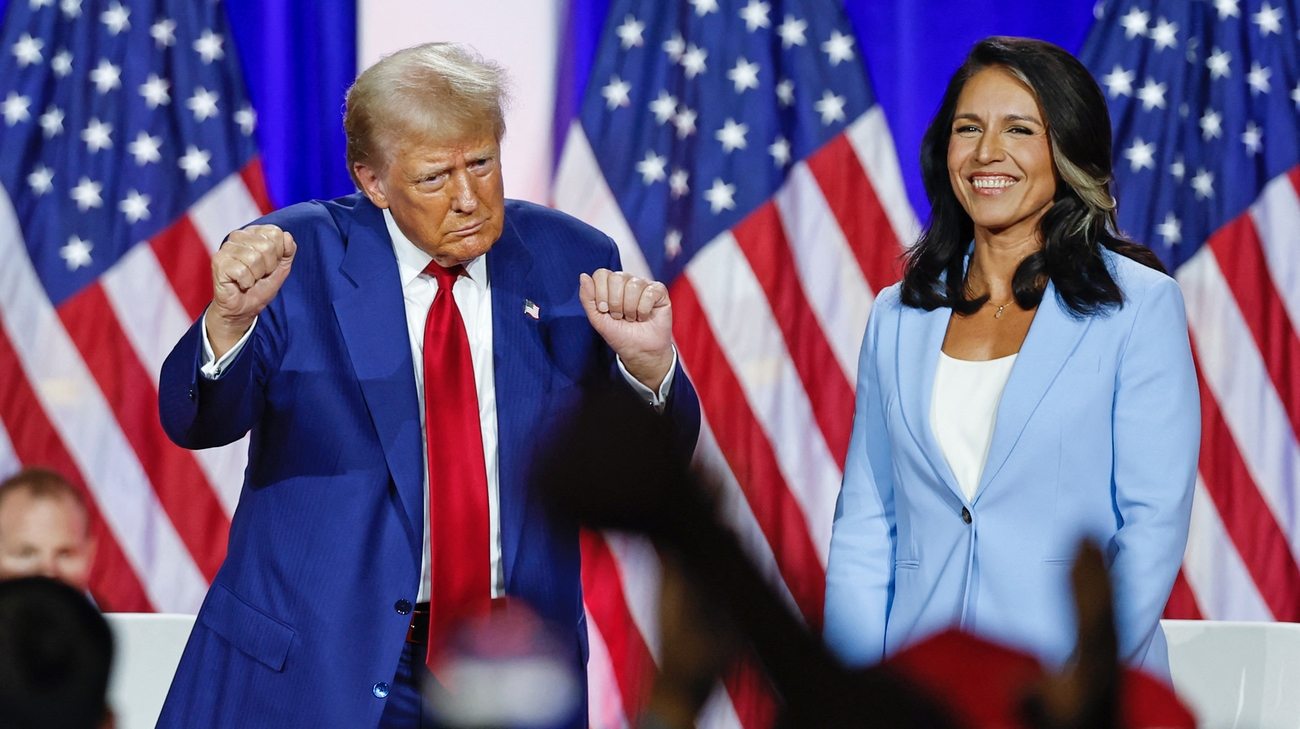“US National Intelligence Director Tulsi Gabbard has issued a directive that forbids to share intelligence on negotiations between Ukraine and Russia, even with the closest allies. Source: CBS News, with reference to the employees of the American special services details: according to the publication, Gabbard on July 20 issued a Directive of the US Involvement, in which she ordered not to transmit information about the course of peace talks between Ukraine and Russia even with the intelligence Zealand.”, – WRITE: www.pravda.com.ua
Source: CBS News with reference to American special services staff
Details: According to the publication, Gabbard issued a directive of the US reconnaissance on July 20, in which she ordered not to transmit information about the course of peace talks between Ukraine and Russia, even with the intelligence of the Five Eyes countries – a reconnaissance alliance created after the Second World War, which includes the United States, Great Britain, Canada, and Australia.
Advertising:
According to the interlocutors, the Directive classifies all information and analytics, as “Noforn” (that is, “No Foreign Dissemination” – “not for foreigners”). This means that it cannot be distributed to other states or foreign nationals. The only information that could be shared was information that was already publicly published.
The Directive also limited the distribution of materials only within the agencies that created or provided them. At the same time, the order does not prohibit the exchange of diplomatic information obtained by other channels, as well as military intelligence, which do not relate to the negotiation process, such as the details that the United States share with the Ukrainian military to support defense actions. ”
“In general, the value of the” five eyes “partnership is that when making political decisions, we complement each other’s intelligence, and therefore understand the plans, intentions and capabilities of our opponents,” explains the former CIA and US Department of Internal Security.
“The point is that we are sitting on one side of the table with the other four countries, while there is a common opponent on the other side,” he added.
